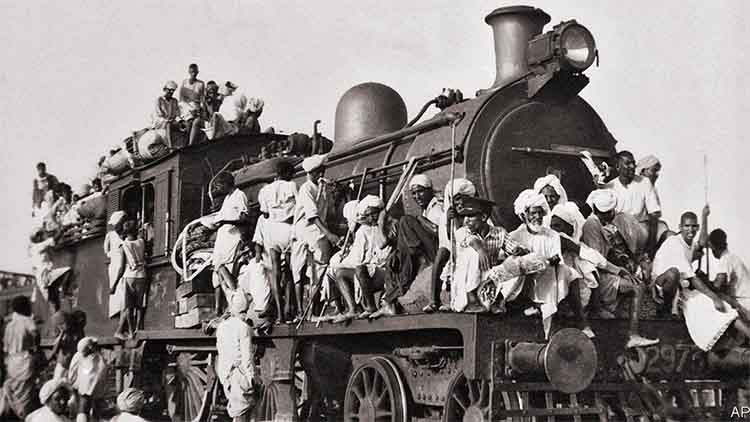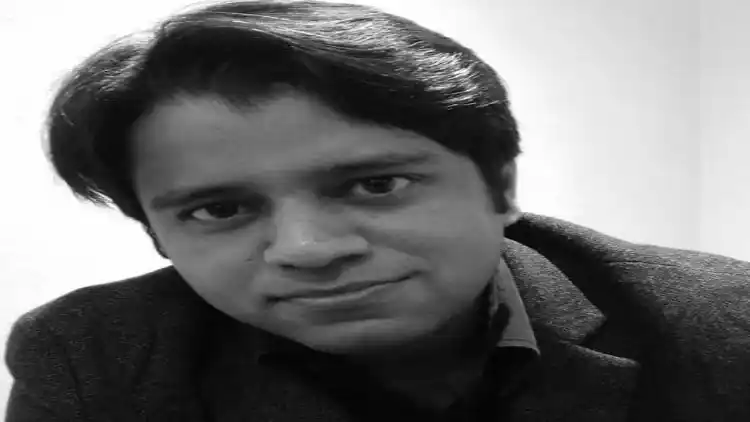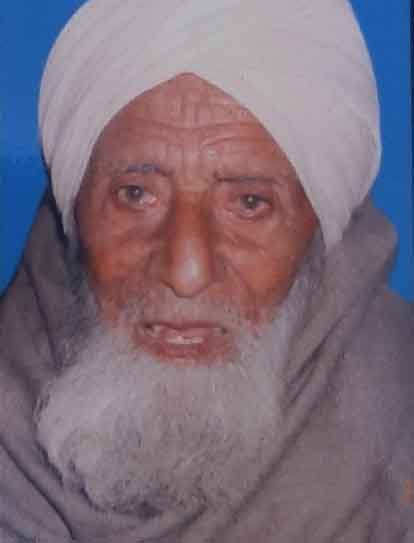
 Saquib Salim
Saquib Salim
What do they know of Hindu Muslim relations; only ‘riots’?
Those who read newspapers and books, and watch television for news have an impression that India is beset with a communal divide between Hindus and Muslims. The two communities never live in peace; have always been at war and it has resulted in thousands of deaths in the last two centuries.
On the other hand, those who have lived in this country’s small towns and villages know that Hindus and Muslims have lived together for centuries. They quarrel occasionally and yet most of the time stand for each other. The specters of Hindu-Muslim love and squabbling are true, and yet for unknown reasons, the fighting part has always been highlighted by academia, politicians and journalists, opinion makers, etc.
We find many films, books, and articles bringing out the bloodshed and violence between the communities, and rightly so. However, there is a complete silence about the other side of the coin, probably, because it’s not dramatic. The Hindus and Muslims have lived together for centuries; the mosques and temples are juxtaposed; they share trade and commerce. So with these optics, one should think that there must also be stories of cooperation, brotherhood, and love between them.
Today, I am going to share one such story; it’s from my family. This is the story that most Indians may have come across with different characters and places. I call it the story of India.

Mohammad Hashim
The year was 1947. British policies and communal politics had partitioned India. Hindu and Muslim mobs were killing each other. The gory details of those communal riots are for all to read in the documents and through storytelling. Muslims were forced to migrate to the newly formed Pakistan and Hindus and Sikhs to the Indian territory. Arguably, Hindu-Muslim relations were at their lowest. If we read books about that episode, we will understand that members of both the communities would not trust each those days.
As Charles Dickens said, “It was the best of times, it was the worst of times,” those were the times of unprecedented violence and humans becoming insensitive. Mohammad Hashim, my grandfather, an Islamic scholar, and a peasant lived in a village near Muzaffarnagar, Uttar Pradesh. At the height of the partition violence, one day he came to the city for buying goods. As soon as he entered the city, Hashim saw several Punjabi refugee families sitting on both sides of the road. These refugees were not begging, they were trying to sell their goods to the passersby so that they can buy food to feed their families.
Of course, all these people were Hindus and my grandfather was a Muslim. According to social and political theories, they were natural enemies. In reality, they were humans.
Hashim asked the first man he encountered his name and where he came from. He was Prabhu from Bahawalpur, Punjab. My grandfather told him not to worry because he was like a brother to him. He left for his home and returned with wheat flour, rice, pulses, oil, and other food items. For the next few months or till Prabhu could start earning steadily the supply continued. Till the end pulled them apart, Hashim and Prabhu were close friends.
Two families grew close, my father and uncle became friends with Prabhu’s two sons. He became Taau Prabhu to my Dad and his brother. Taau Prabhu owned a toy store, and, as a kid, I used to get all my toys from his store. It was like a store owned by a family member.
Taau and one of his sons have also left this world; his other son is very old, yet the two families share close ties. They continue to share their joys and sorrows and meet up at festivals, weddings, and social occasions.
This is not a secluded story. In my ancestral village, there are many such ‘Muslims’ who helped ‘Hindu’ refugees from Punjab. Those families also share close ties. These villagers had no idea of the politics of the Muslim League, Hindu Mahasabha, Congress, and other parties. They knew that humans were forced out of their homes, and needed help. They knew what a human should know. They knew what we ‘modern’ ‘educated’ ‘Muslims’ and ‘Hindus’ do not know.
(Saquib Salim is a Historian and a Writer)
